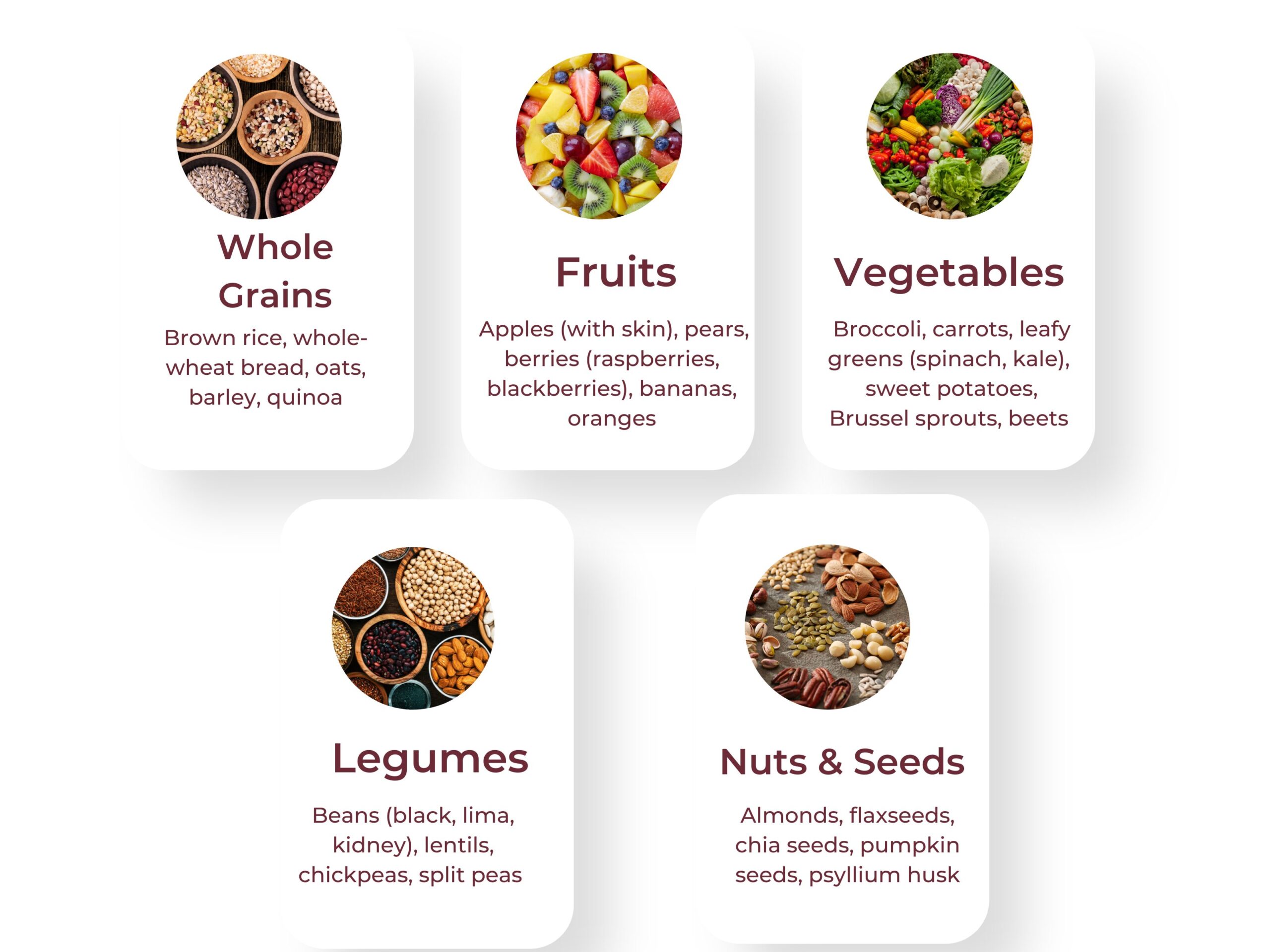During menopause, women commonly encounter a range of symptoms due to hormonal changes, with constipation being a particularly prominent issue. This condition, often exacerbated by the natural decline in estrogen levels, can significantly affect digestive regularity and overall comfort.
Estrogen is crucial in maintaining the health and function of the gastrointestinal tract. As its levels decrease, intestinal motility often slows, making constipation a common but addressable challenge during menopause. This article explores the direct impact of these hormonal fluctuations on digestive health and provides strategies to alleviate and prevent constipation, aiming to improve overall well-being and daily life quality for menopausal women.
Understanding Constipation in Menopause
Constipation during menopause is often identified by infrequent bowel movements, hard stools, and occasionally painful defecation. This condition is primarily attributed to the decreased levels of estrogen that accompany menopause, a key hormone that influences gut motility—the speed at which food travels through the intestines.
The reduction in estrogen significantly slows this process, contributing to the symptoms of constipation that can disrupt daily comfort and overall health. Understanding what causes constipation in this life stage is crucial for finding effective relief and maintaining digestive health. Incorporating a high-fiber diet, as detailed in our high-fiber foods chart, plays a vital role in alleviating these symptoms by enhancing bowel regularity and softening stools.
Building a Diet for Regularity and Healthy Bowel Habits
To effectively manage constipation, especially during menopause, integrating a high-fiber diet is crucial. Dietary fiber is essential in bulking up and softening stools, which facilitates easier passage and contributes to regular bowel movements. Ensuring a consistent intake of high-fiber foods can significantly alleviate the symptoms of constipation and promote digestive wellness. Here is a list of high-fiber foods that are particularly beneficial for constipation relief and maintaining regularity:

In addition to incorporating these fiber-rich foods into your diet, staying hydrated is equally crucial. Drinking at least eight glasses of water daily helps the fiber function more effectively and eases the movement of food through the digestive tract, which is particularly beneficial for what helps with constipation as hydration directly combats the dryness of stools.
Supplementing with Probiotics
Integrating Probiotics into Your Menopausal Diet
Probiotics are vital for maintaining balanced gut flora, which is crucial for overall digestive health during menopause. As hormonal changes can disrupt gut bacteria, incorporating probiotics into your diet is a strategic way to enhance intestinal health and ensure regular bowel movements.
Femme Pharma’s Mia Vita Women’s Probiotic is specifically designed for women. This probiotic supplement targets the unique needs of the menopausal digestive system, containing a blend of strains selected for their efficacy in supporting gastrointestinal regularity and balance. The formulation helps maintain a healthy microbiome, thereby aiding in reducing symptoms like bloating and constipation, which are often exacerbated during menopause.
Explore the benefits of Mia Vita Women’s Probiotic and discover how its unique formulation can be incorporated into your dietary routine to combat menopausal constipation and support digestive health.
Lifestyle Modifications for Enhanced Digestive Health
In addition to dietary changes, implementing lifestyle adjustments can significantly improve digestive health:
- Exercise: Engage in regular physical activity, such as 30 minutes of walking or yoga daily, to enhance gut motility and provide constipation relief.
- Stress Management: Employ techniques like meditation or regular relaxation practices to mitigate the gastrointestinal symptoms exacerbated by stress.
- Routine: Establishing consistent meal and bowel movement routines can help stabilize digestive functions and combat constipation.
Practical Tips for Constipation Management
Gradually increasing high-fiber foods in your diet is advisable to minimize bloating and discomfort. Here are some strategies for effective constipation relief:
- Incrementally increase fiber intake over several weeks.
- Balance fiber-rich meals with adequate hydration.
- Maintain a regular eating schedule to help establish a consistent bowel routine.
- Studies show that eating two kiwis daily can significantly help with constipation—an easy and delicious solution.
Simple and Delicious Fiber-Rich Recipes
To help manage constipation during menopause, try incorporating these high-fiber recipes into your diet:
By addressing constipation with these targeted dietary and lifestyle changes, menopausal women can significantly improve their digestive health. This could lead to an enhanced quality of life during this pivotal transition.


